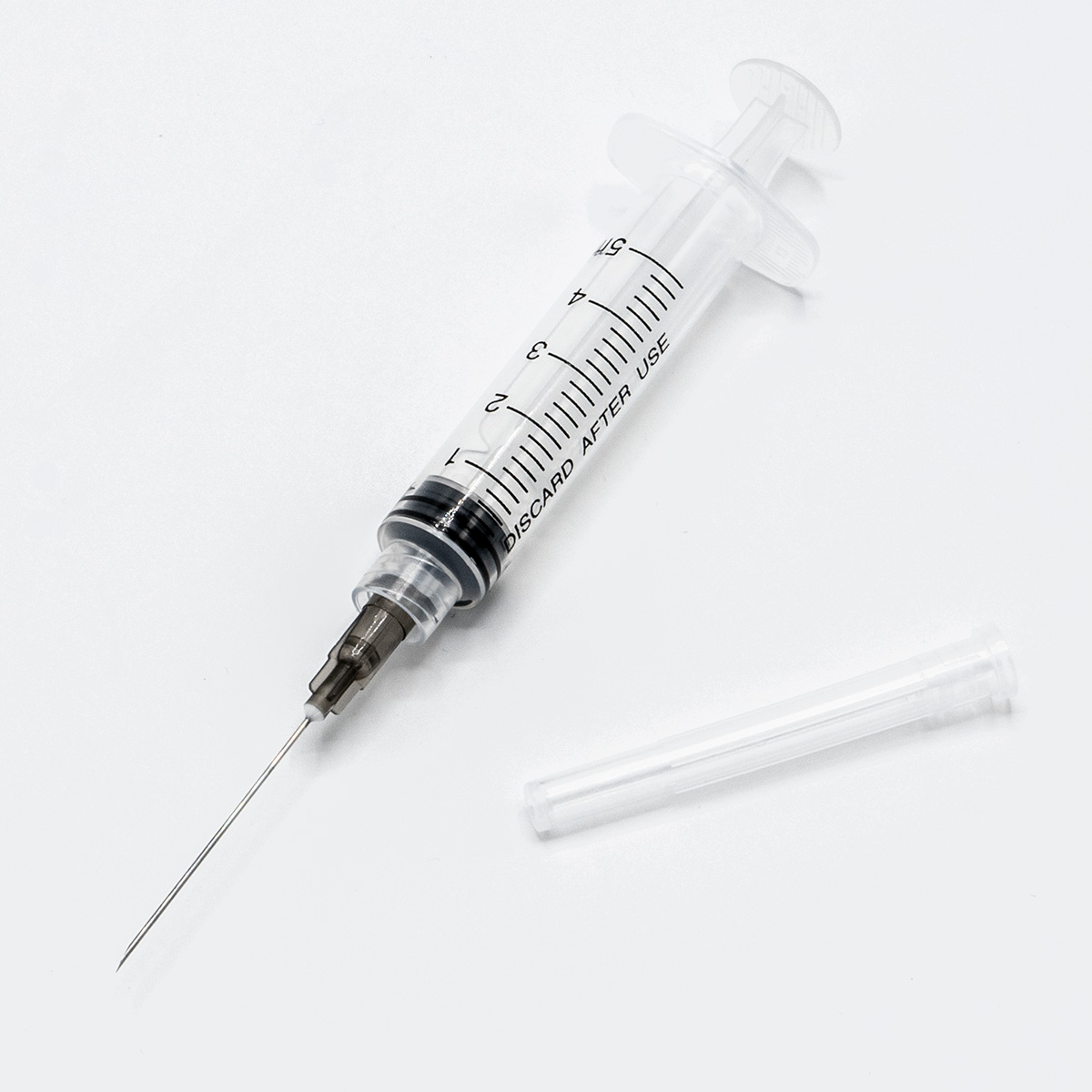Typhoid Fever: Symptoms, Causes, Treatment
What are the symptoms of typhoid fever?
Typhoid fever is a bacterial infection caused by Salmonella typhi bacteria. It is characterized by a variety of symptoms that typically develop one to three weeks after exposure to the bacteria. The symptoms of typhoid fever can vary in severity and may include:
- Fever: A sustained high fever, often as high as 103°F to 104°F (39°C to 40°C), is a hallmark symptom of typhoid fever.
- Headache: Many people with typhoid fever experience headaches, which can range from mild to severe.
- Weakness and fatigue: Fatigue and weakness are common symptoms of typhoid fever and can be debilitating.
- Stomach pain: Abdominal pain or discomfort, often in the area around the navel, is a common symptom of typhoid fever.
- Loss of appetite: Many people with typhoid fever experience a loss of appetite, which can lead to weight loss.
- Constipation or diarrhea: Some people with typhoid fever experience constipation, while others develop diarrhea. In some cases, diarrhea may be bloody.
- Rash: A rose-colored rash, known as “rose spots,” may develop on the trunk of the body.
- Cough: Some people with typhoid fever develop a cough, which can be dry or productive.
- Delirium: In severe cases, typhoid fever can cause delirium, confusion, or other mental changes.
- Enlarged spleen and liver: The spleen and liver may become enlarged in some people with typhoid fever.
It’s important to note that the symptoms of typhoid fever can be similar to those of other illnesses, so it’s important to consult with a healthcare professional for an accurate diagnosis if you suspect you have typhoid fever. Typhoid fever can be a serious illness if not treated promptly, so early diagnosis and treatment are key.
What are the causes of typhoid fever?
Typhoid fever is caused by the bacterium Salmonella enterica serotype Typhi (S. Typhi). The bacterium is primarily spread through contaminated food and water. The following are common causes of typhoid fever transmission:
- Contaminated food: Eating food that has been prepared or handled by someone who is infected with S. Typhi and has not washed their hands properly after using the bathroom can lead to infection.
- Contaminated water: Drinking water that has been contaminated with sewage containing S. Typhi bacteria can lead to infection.
- Poor sanitation: Poor sanitation practices, such as inadequate sewage disposal and lack of access to clean water, can contribute to the spread of S. Typhi bacteria.
- Close contact with infected individuals: Close contact with someone who is infected with S. Typhi, such as caring for a sick person or sharing food or utensils with them, can increase the risk of transmission.
- Travel to endemic areas: Traveling to areas where typhoid fever is endemic, particularly in developing countries with poor sanitation infrastructure, can increase the risk of infection.
- Chronic carriers: In some cases, individuals who have recovered from typhoid fever can become chronic carriers of the bacteria, shedding it in their stool for years and potentially spreading it to others.
It’s important to practice good hygiene, such as washing hands thoroughly with soap and water, especially after using the bathroom and before preparing or eating food, to reduce the risk of typhoid fever. Additionally, vaccination against typhoid fever is available and recommended for travelers to areas where the disease is common.
What is the treatment for typhoid fever?
The treatment for typhoid fever typically involves antibiotics to kill the Salmonella typhi bacteria. Treatment may also include supportive care to help manage symptoms and prevent complications. Some common treatments for typhoid fever include:
- Antibiotics: The most common antibiotics used to treat typhoid fever include ciprofloxacin, ceftriaxone, and azithromycin. The choice of antibiotic depends on the severity of the illness, the antibiotic resistance patterns in the region, and other factors. It’s important to complete the full course of antibiotics as prescribed by a healthcare professional.
- Fluid replacement: Typhoid fever can cause dehydration due to fever, sweating, and decreased oral intake. Drinking plenty of fluids and, in severe cases, receiving intravenous fluids may be necessary to prevent dehydration.
- Nutritional support: People with typhoid fever may have a poor appetite, so it’s important to eat a well-balanced diet rich in fluids, electrolytes, and nutrients to support recovery.
- Fever-reducing medications: Over-the-counter medications such as acetaminophen (Tylenol) may be used to reduce fever and relieve discomfort. However, aspirin should be avoided as it can increase the risk of bleeding.
- Hospitalization: In severe cases of typhoid fever, especially if complications such as intestinal perforation occur, hospitalization may be necessary. In the hospital, close monitoring and intensive care may be provided.
It’s important to seek medical attention if you suspect you have typhoid fever, as untreated typhoid fever can lead to serious complications, including intestinal perforation, which can be life-threatening. Prompt treatment with antibiotics can help shorten the duration of illness, reduce the risk of complications, and improve outcomes.




